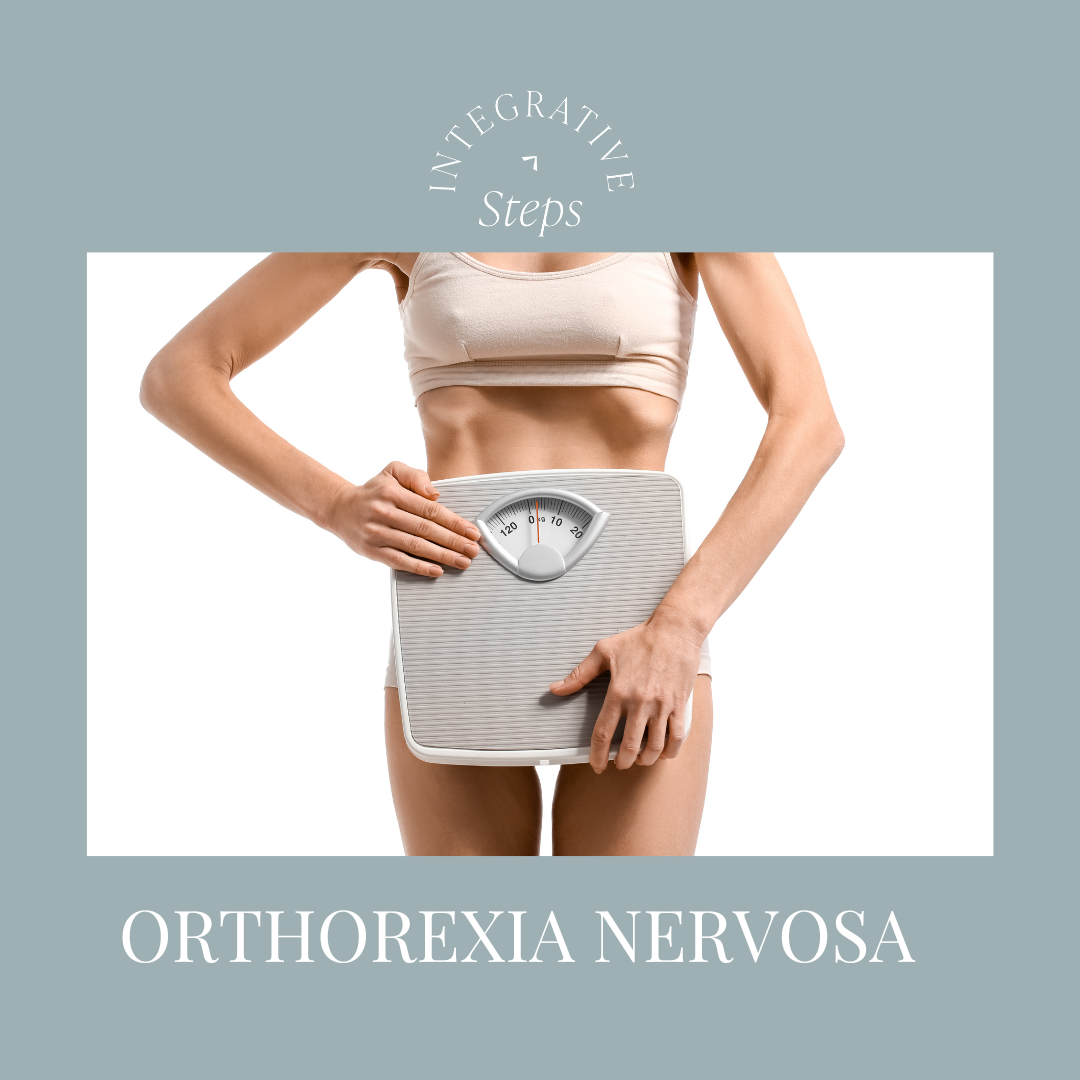Orthorexia Nervosa
When Healthy Eating Becomes Unhealthy

Eating healthy is a good thing, right?
We all know that eating a balanced diet of fruits, vegetables, whole grains, lean proteins, and healthy fats can improve our physical and mental health, prevent diseases, and make us feel better.
But what if eating healthy becomes an obsession?
What if eating healthy causes more harm than good?
Orthorexia nervosa is not yet recognized as an official diagnosis in the DSM-5, but it is a serious condition that affects many people around the world.
Orthorexia nervosa is characterized by an extreme fixation on eating “pure” and avoiding “bad” foods. People with orthorexia nervosa may have rigid rules about what they can and cannot eat, and may experience anxiety, guilt, or shame when they break those rules. They may also isolate themselves from social situations that involve food, or judge others for their food choices.
It’s different from other eating disorders, such as anorexia nervosa or bulimia nervosa, in that the main goal is not to lose weight or change one’s body shape, but rather to achieve a perceived ideal of health and purity. However, orthorexia nervosa can have similar consequences as other eating disorders, such as malnutrition, dehydration, electrolyte imbalance, dental problems, osteoporosis, heart problems, and even death.
There is no single cause, but rather a combination of biological, psychological, and social factors. Some of the possible risk factors include:
It can be hard to recognize, especially in a society that encourages and praises healthy eating. However, there are some signs and symptoms that can indicate that someone may have orthorexia nervosa. Some of them are:
Orthorexia nervosa can be treated with a combination of psychotherapy, nutrition counseling, and medical care. The goals of treatment are to:
Some of the specific types of treatment that can help with orthorexia nervosa are:
It can be prevented by promoting a positive and realistic attitude towards food and health. Some of the ways to prevent orthorexia nervosa are:
Orthorexia nervosa is a condition that involves an unhealthy obsession with healthy eating. It can have serious consequences for one’s physical and mental health, as well as one’s social and emotional well-being. Orthorexia nervosa can be treated with a combination of psychotherapy, nutrition counseling, and medical care. Orthorexia nervosa can also be prevented by adopting a positive and realistic attitude towards food and health.
If you think you or someone you love may have orthorexia nervosa, please seek professional help as soon as possible.
You are not alone, and you deserve to live a happy and healthy life!